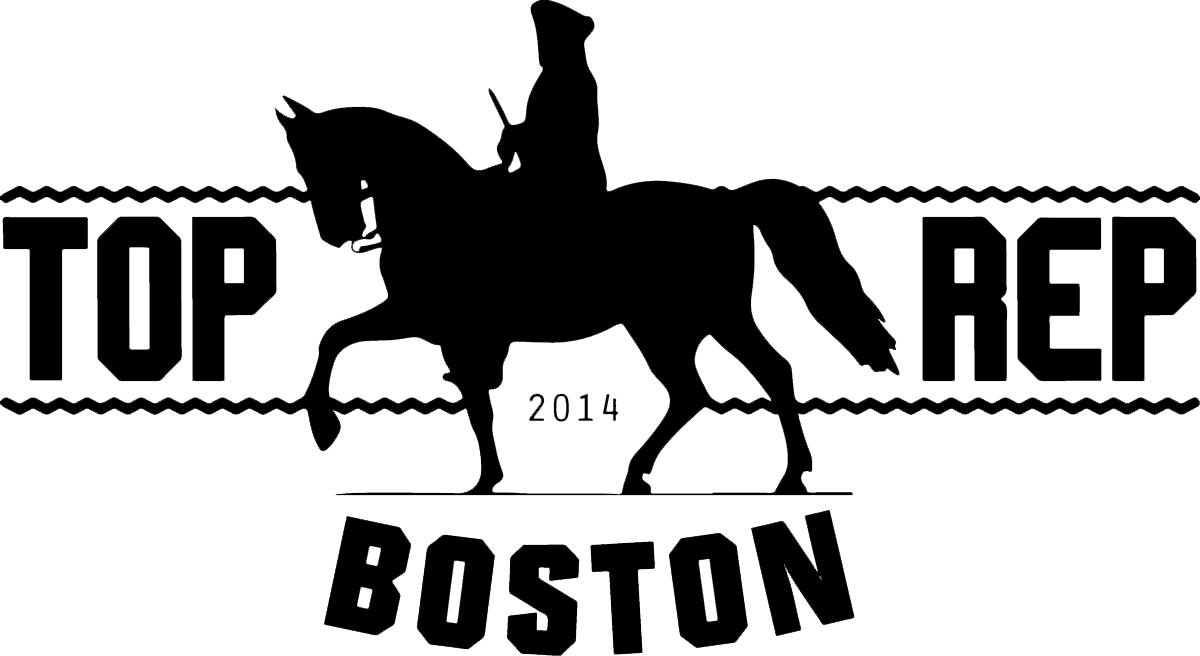This is not always easy to figure out and may take some self reflection to do so but you need to know your own minimum requirements when evaluating your next job opportunity. Those words are chosen on purpose: minimum requirements. These are unique to each person and typically come down to the 3-4 things that are most important to you when deciding on a job. For example, earning potential, specific software solutions, professional growth and industry experience could be a possible list when looking at your next job.
For me, if I am interviewing, specific software solutions is definitely on my list and I want to have salesforce.com as the CRM. I’ve used it many times and think it is a great solution that makes me a stronger manager for my team. But, I need, a CRM to have a forecasting module. That is the difference between a requirement and a minimum requirement. CRMs are important to me, but I have and will probably use other CRMs in the future. What I can’t live without, is a specific tool to help me understand and predict my business (yea, yea, you could probably get away with excel in any scenario, but let’s not get lost in the details). Companies will appreciate this difference because they want to find a long term fit and not a short term lease as much as you do.
For example, if you don’t really care about working from home, don’t ask. If you couldn’t take a job without a work-from-home allowance; you have to ask. If, as a result, the answer is “no” or the company disqualifies you – that’s fine. You’ve already decided that this is a non-starter for you and you just saved yourself the time and frustration of going through an interview process for something that won’t work for you either. I’m not saying that work-from-home is the question to ask, just an example of something that is important to some and frivolous to others.
Now, after you made your list and hopefully you read “Preparing for a sales interview on May 12, 2016” you understand how important preparation and research is. You should already know what the company does, what the product is, who they are selling to, etc. and if something is unclear from your research; you actually just identified a great question to ask. For example, “I researched XYZ about your competitors, but can you tell me more about ABC?” this will highlight the research you’ve done and prove to the hiring manager that you’re actually thinking about how to successfully sell the product on your own. Then, you can begin to segue to the questions you created that address your minimum requirements.
Here are some easy examples:
If career growth is important, ask:
“How many people in this role have been promoted in the past 12 months and what is the forecast to promote from the same role over the next 12 months?”
If earning potential is important, ask:
"How much does your Top Rep earn and how many sales reps typically hit their monthly or quarterly quotas?"
If selling a “need to have” product vs. a “nice to have” product is important to you, ask:
“What business problem is your solution solving and who in the organization cares about fixing that problem?”
If you want to understand what the distribution of performance on the sales team is, ask:
“What type of sales people are successful in your organization and what KPI formula leads to success?”
So to recap: the process is to understand what is important to you, write the questions that will help you get the answers you need and most importantly have the courage to ask them. This will illustrate your skills in preparation, discovery and will ultimately help you identify roles where you will be happier and more successful. As someone who has interviewed 100s of candidates, I appreciate someone who is willing to ask direct and difficult questions because as sales people, asking hard questions is a big part of the job.
In summary, as a candidate you owe it to yourself and the company you’re interviewing with to ask the right questions and to get the answers you need. This will drastically increase your chances of identifying and landing your next opportunity.
And if you don't have any questions...








